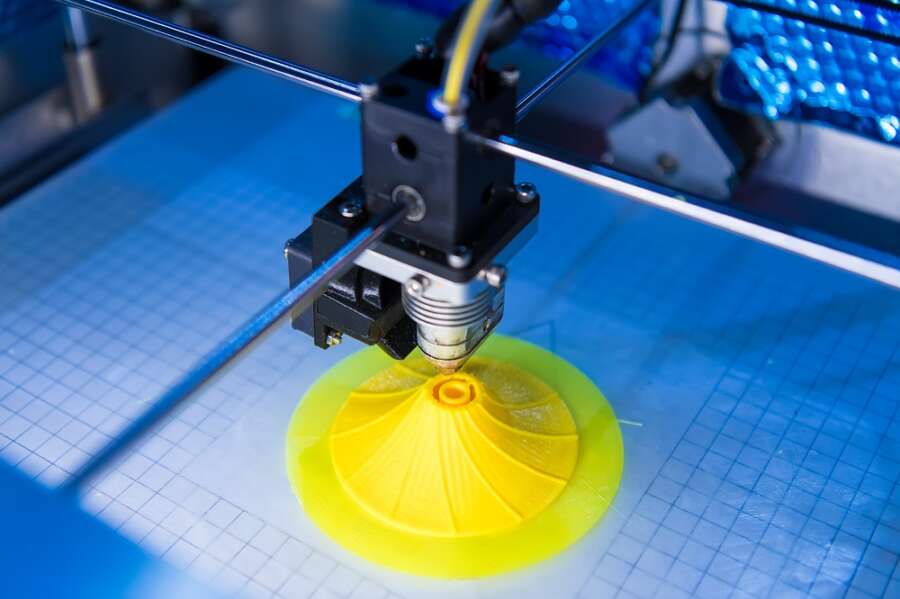Introducing 3D printing technology in the clothes manufacturing industry will reinforce, not change, current power dynamics weighted in favour of retailers, research from ESCP Business School reveals.
Professor Christian Durach, Chair of Supply Chain and Operations Management at ESCP’s Berlin campus, and PhD candidate Marlene Hohn report that retailers will likely react to increased production speeds and higher market competition by decreasing purchasing prices and the duration of fashion trends.
According to the researchers, 3D printing could be implemented in a complementary capacity, improving the efficiency of certain existing manufacturing processes, for example, prototyping.
However, it could also be used as a standalone production method, with production operations being developed based solely on the new technology and requiring minimal manual labour, the authors say.
If new standalone production operations are introduced, the researchers believe that new supply chains will be based on similar governance structures to those currently in use.
This means they will continue to face social sustainability issues such as making production workers stay for unpaid overtime, the authors say.
“Our findings reveal little hope for social sustainability improvements, as suppliers will likely be increasingly trapped in supply chain structures, resulting in worsening working conditions in current producer countries. If new production operations are created, experts remain sceptical about who would reap the potential benefits,” says Professor Durach.
This paper was based on two Delphi studies, rounds of surveys with recognised experts in the field of clothing mass production in order to obtain informed predictions, and was published in the International Journal of Operations & Production Management.
